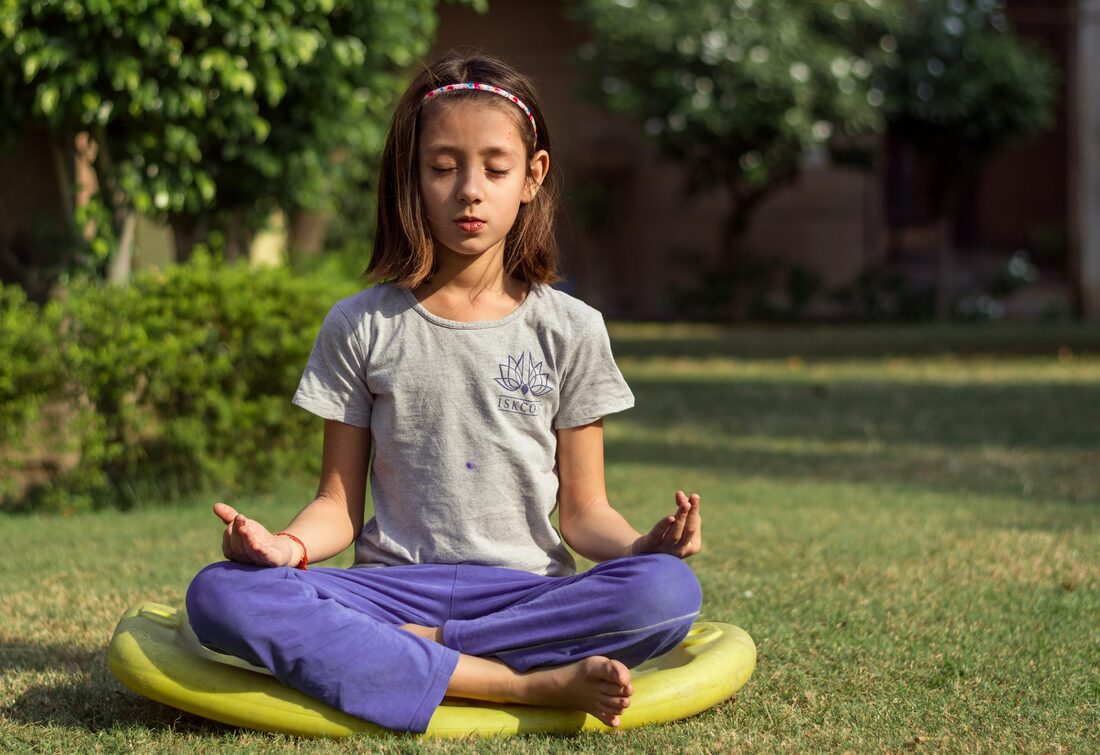Mindfulness for ChildrenThe practice of mindfulness offers a plethora of benefits to a child’s growing mind and body. Mindful practices allow them to unplug and check-in with themselves. Through this process of checking in, children begin to have a better understanding and ability to cope with their emotions and feelings. It also helps them with noticing the positives, developing a sense of appreciation, and feelings of gratitude. So, let’s talk about mindfulness for children and how parents can help teach their children to practice mindfulness (as well as improve their own mindfulness skills). Mindfulness Techniques: For When You are Short on TimeAs a busy parent, you’re likely often short on time but that doesn’t mean you have to skip the mindfulness practice. Try one of these right before bed or take a moment to pause while you’re out and about. Belly Breathing
Finger Counting Breaths
Be Aware of Your Surroundings
Mindfulness Techniques: For When You Have a Bit More TimeWhen you have a bit more time you can try one of these longer mindfulness practices for children. Draw Your Emotions
Silence Game
Tense and Release Muscle Activity
Five Senses
Mindfulness for Children and Parents: Techniques to Do TogetherOf course, mindfulness is just as important for parents as it is for children. So, while learning about mindfulness for children it’s also important to keep in mind that we should all be practicing our mindfulness techniques. Here are some practices you can do together with your children, or as a whole family. Share a three breath hug
Establish a Gratitude Practice
Yoga
Check Your ‘Personal Weather’ Report
Final ThoughtsWe talk a lot about mindfulness practices, but we rarely address specific mindfulness practices for children. Not only is mindfulness helpful for children to practice to better understand and cope with their emotions but beginning the practice at a young age helps to set them up for success as adults. Do keep in mind that not all of the practices are going to work with every child, and different practices may work depending on your child’s age and stage of development. So, give a number of these practices a try and find out which ones work best. And remember that all of these require practice.
Comments are closed.
|
PH&S ClinicEnhancing psychological health, wellness and resilience Archives
July 2024
Mental Health
All
|


 RSS Feed
RSS Feed

